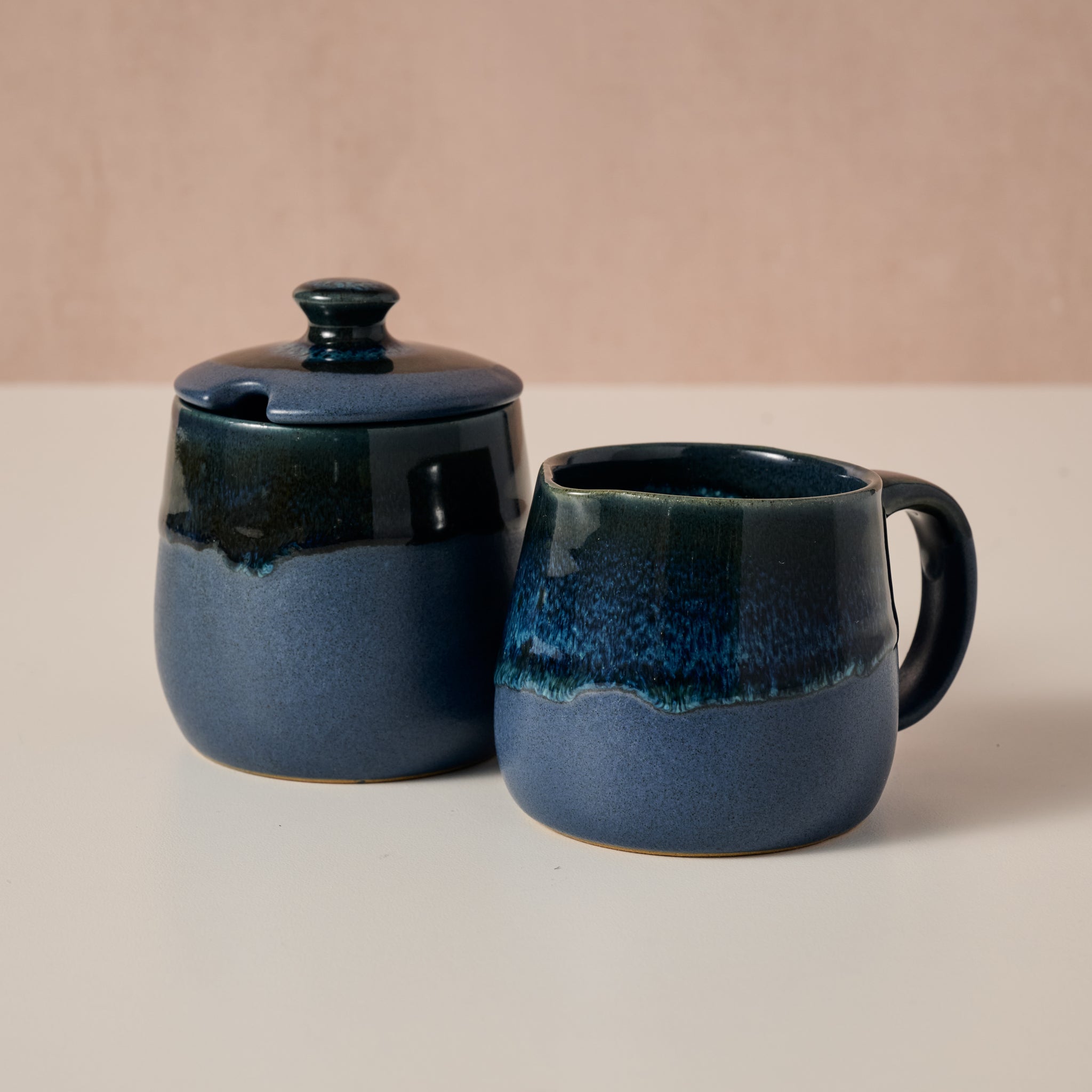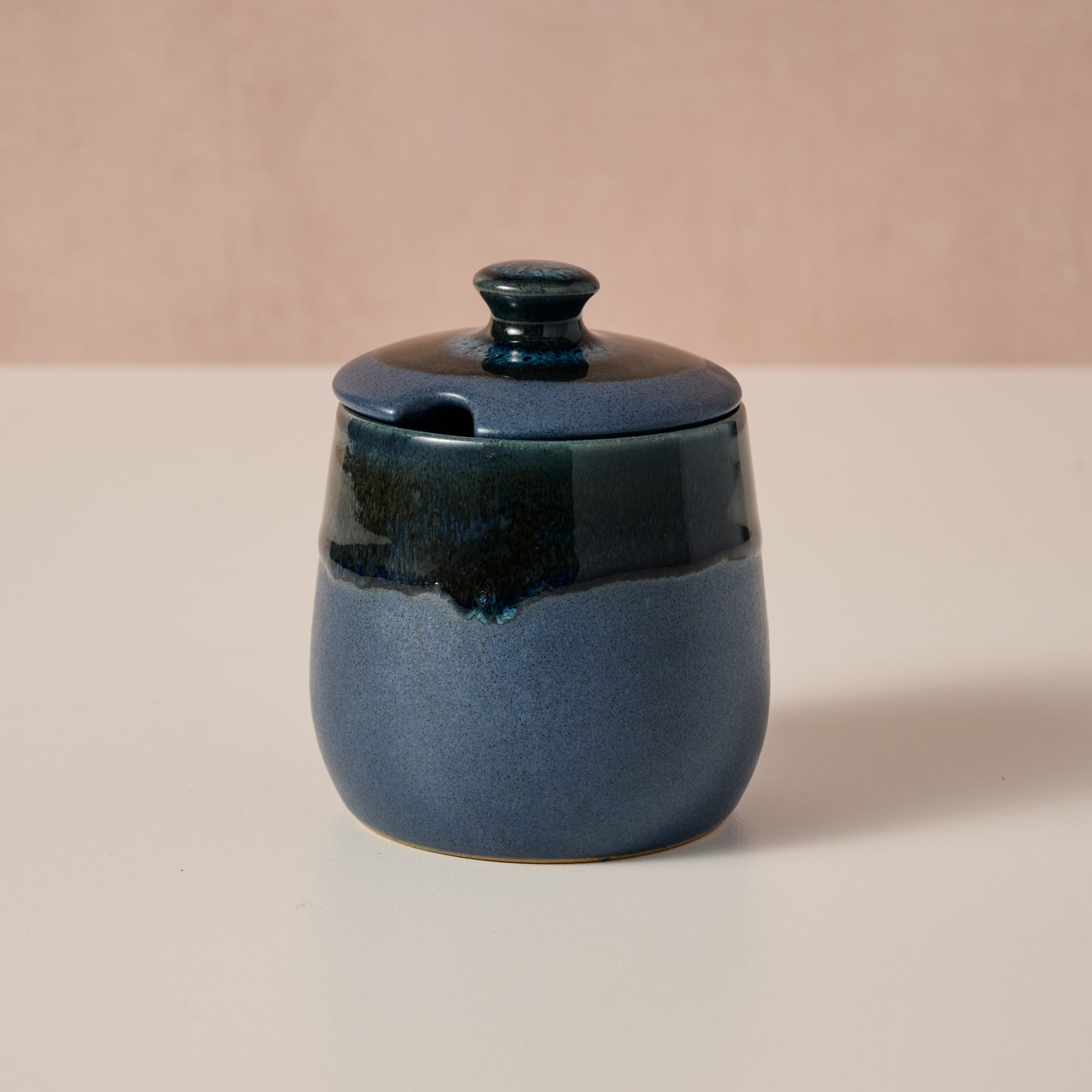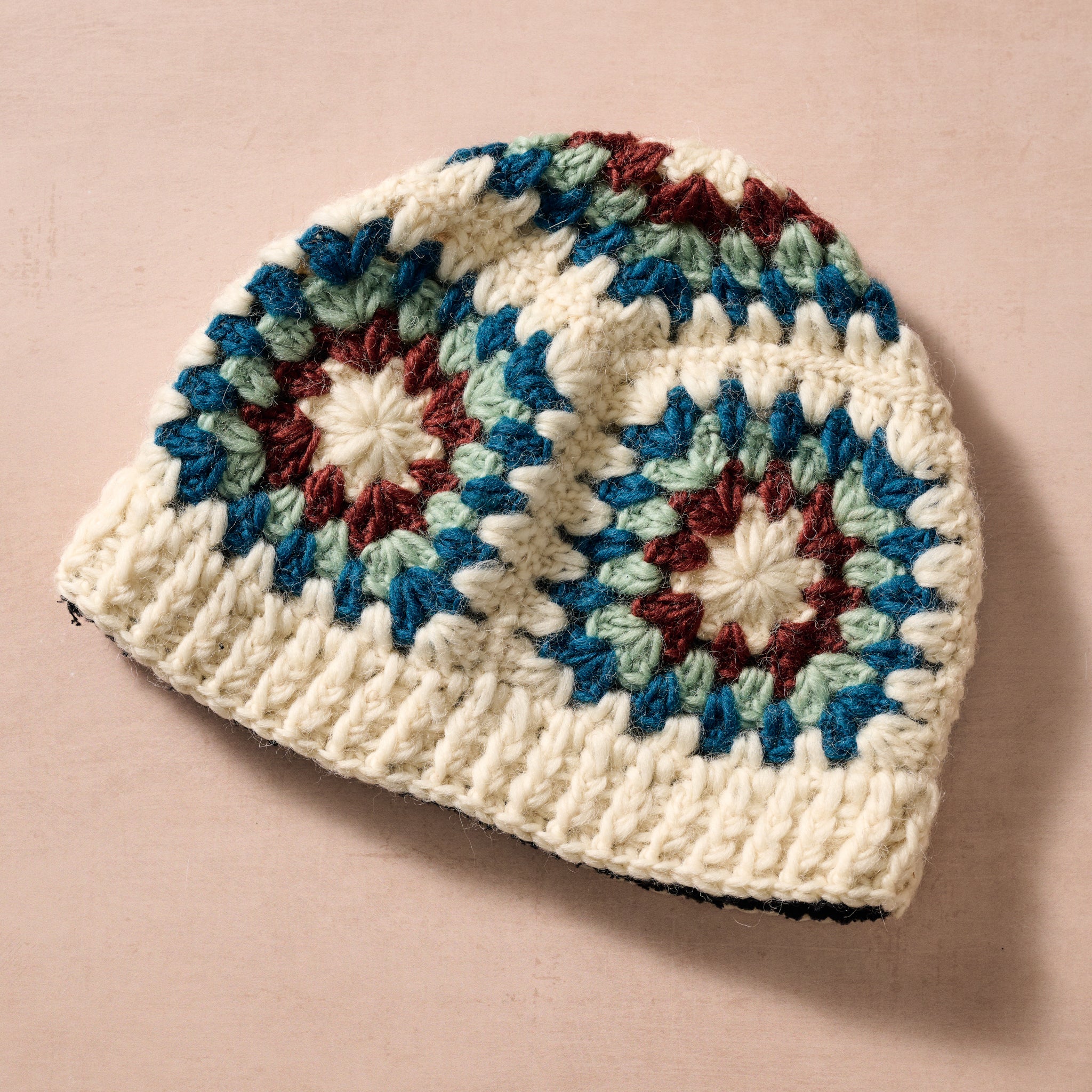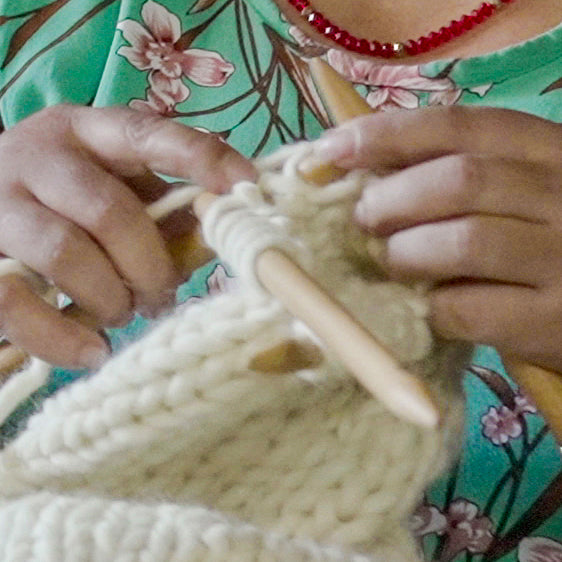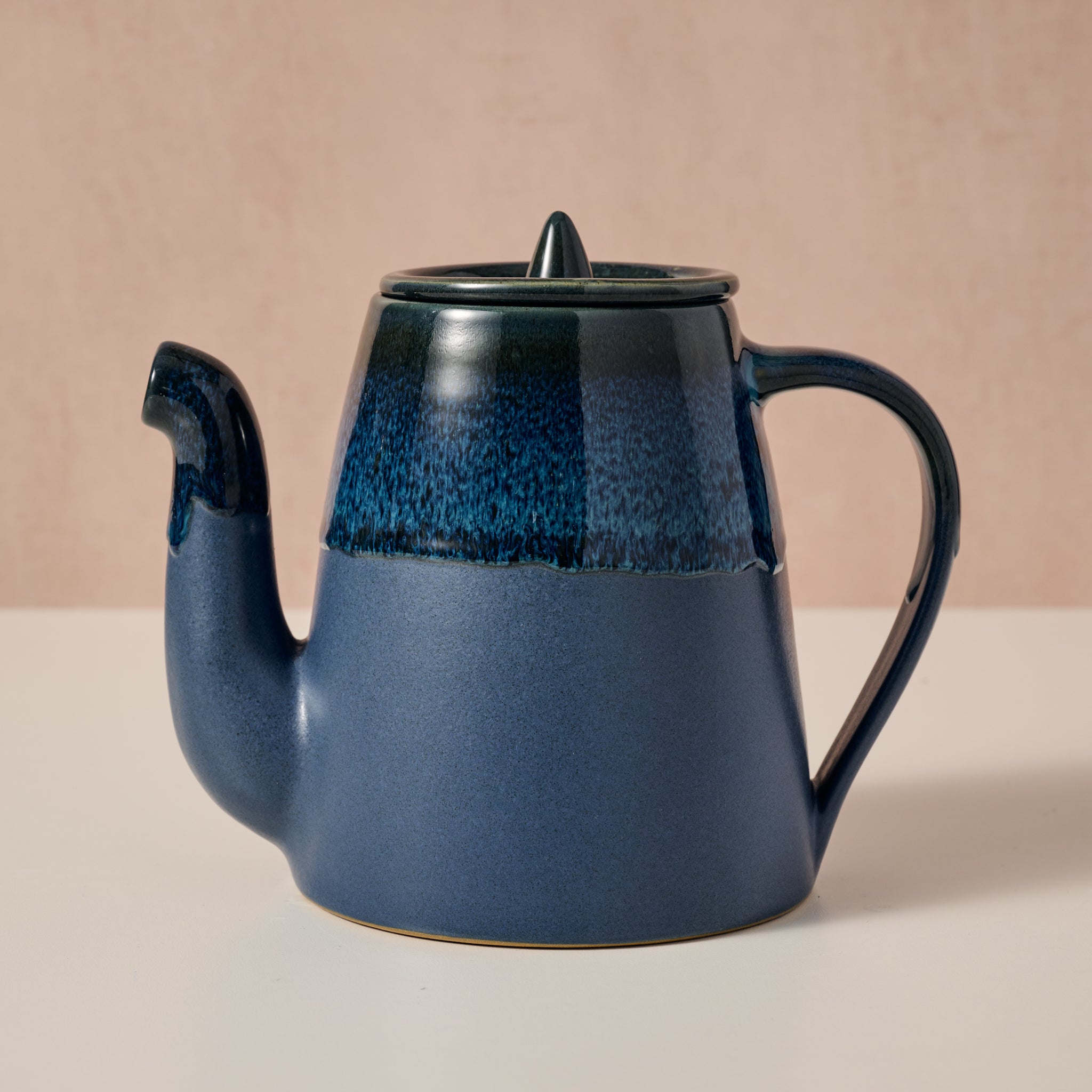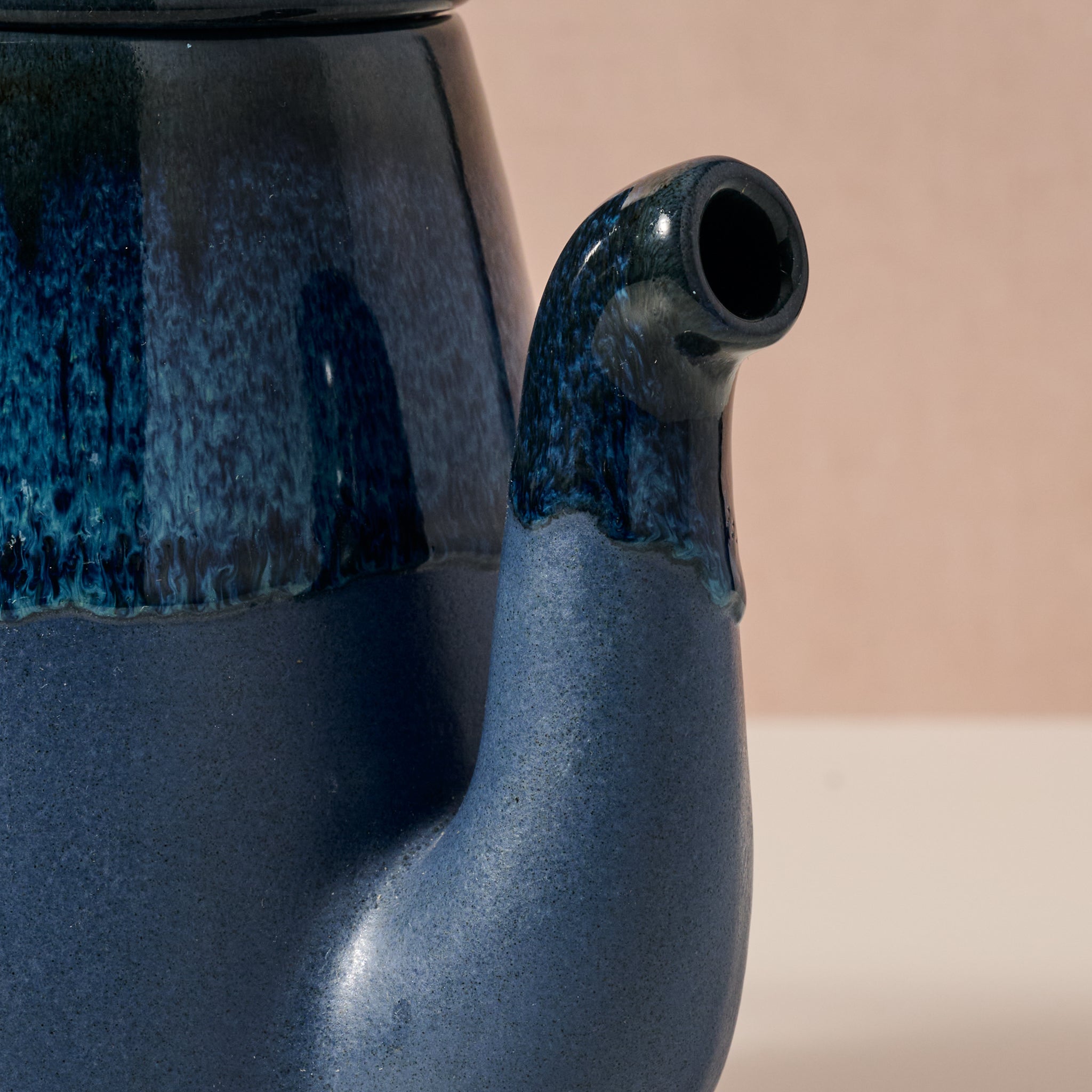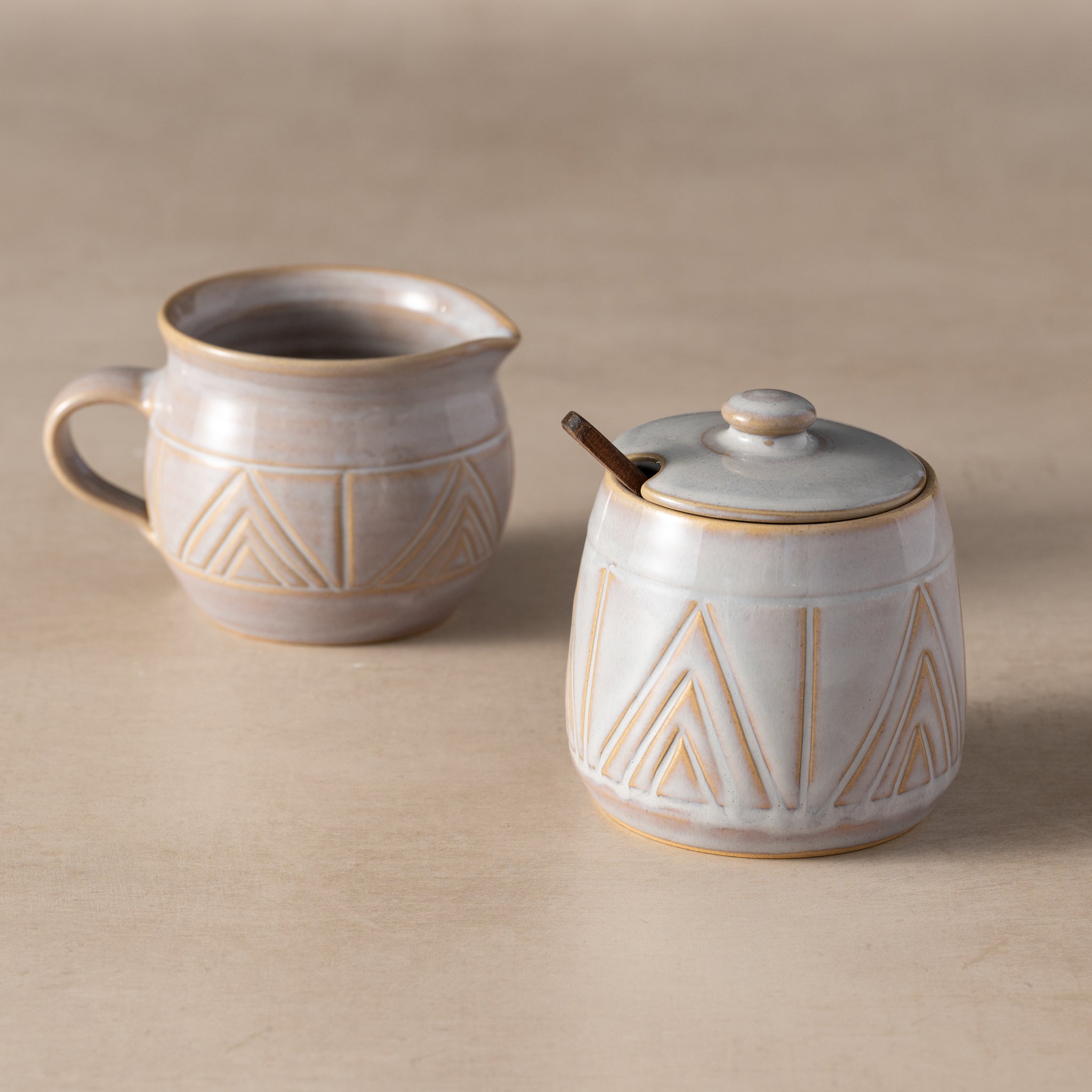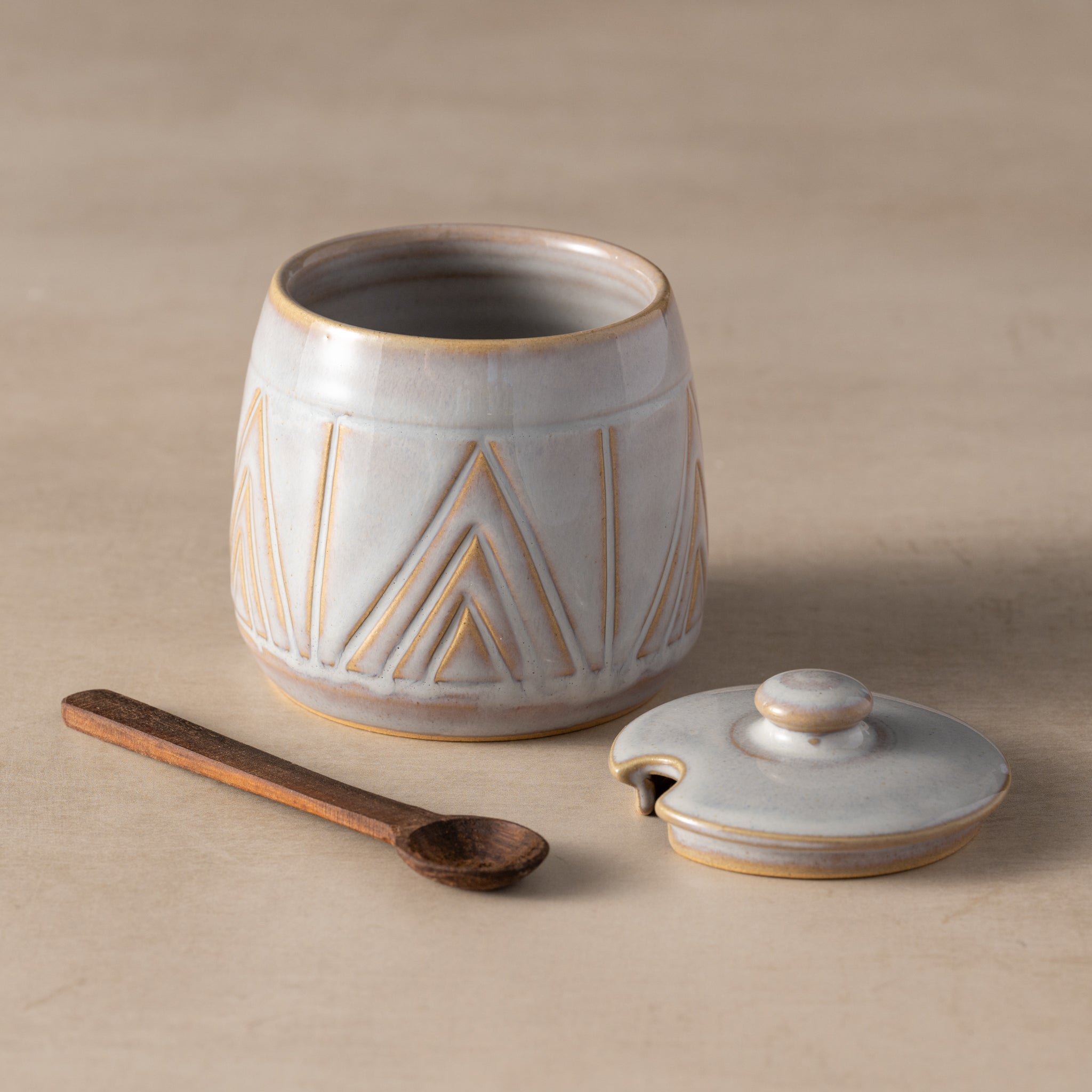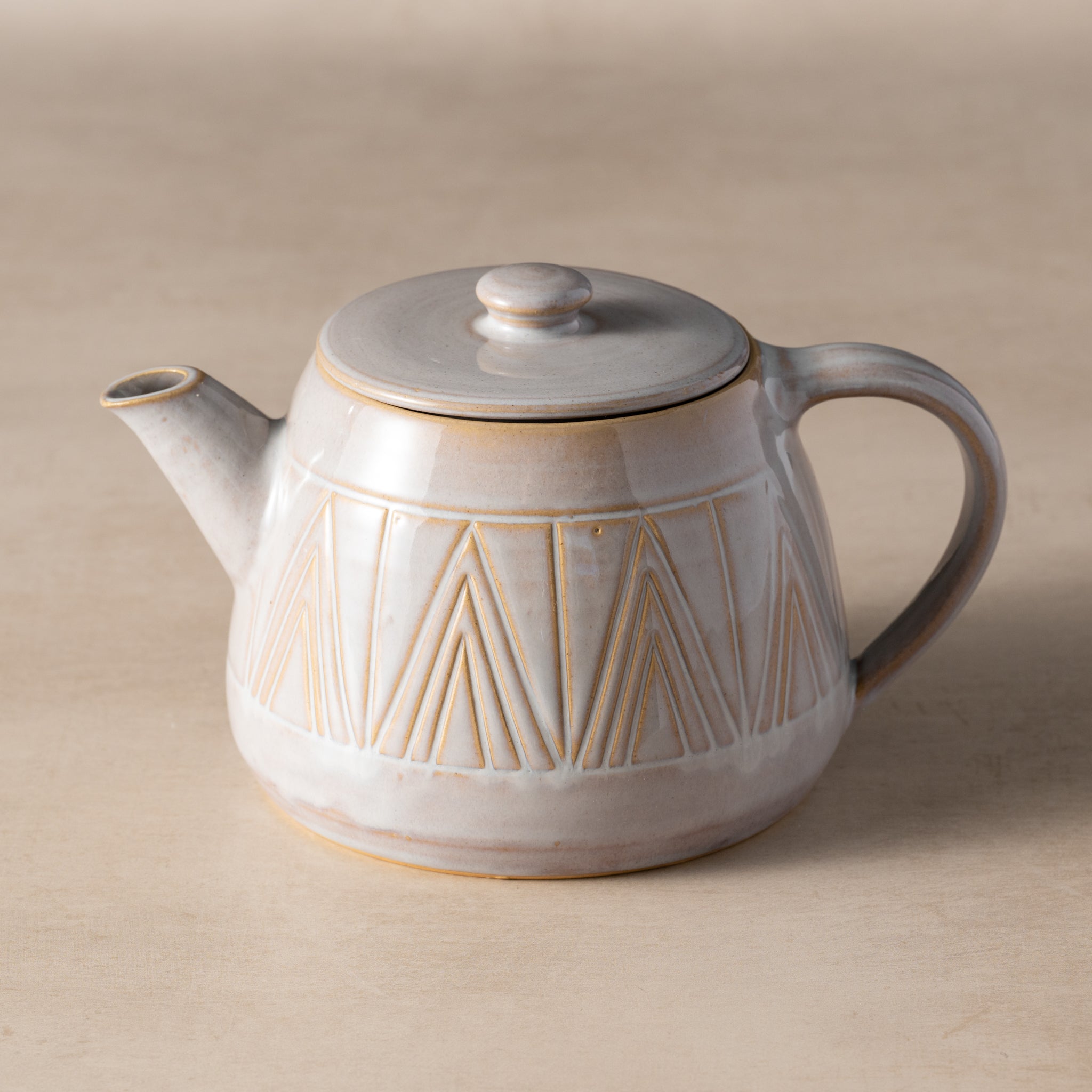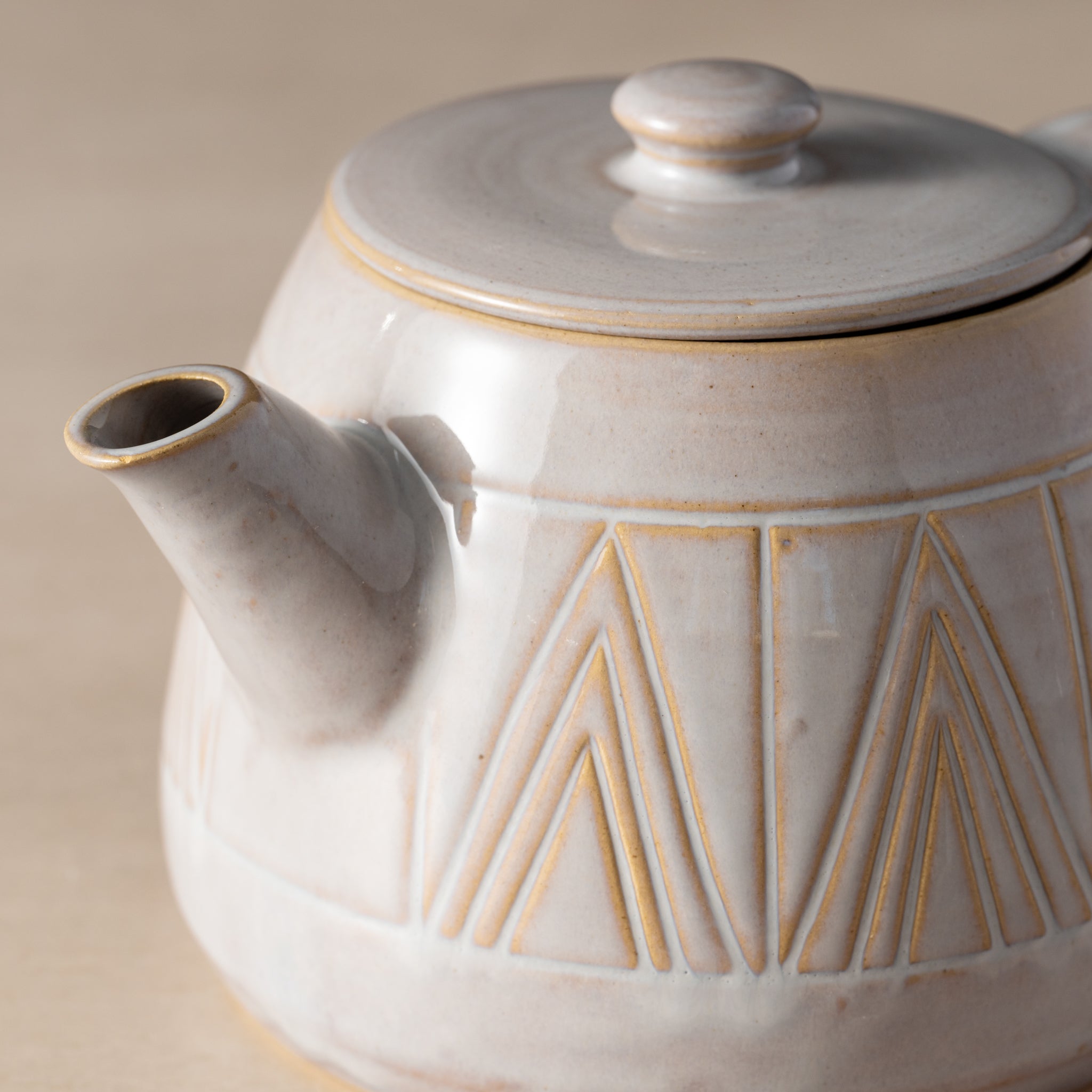“I’m just a woman trying to help other women.” – Edna Ruth Byler Edna Ruth

A simple idea, a single action has the power to bring about monumental change. For our founder, Edna Ruth Byler, that single action was a humble, unassuming one taken more than 70 years ago.
Byler bought hand-embroidered textiles from women who didn’t have have access to a market in which to sell them. She paid a fair price for them, took them home, and sold them to friends and neighbors on their behalf.
What started as one woman selling textiles from the trunk of her car and telling the stories of artisans who made them, grew into lasting partnerships and a global fair trade movement.
THE BEGINNINGS:
As a volunteer living in Akron, Pennsylvania in the 1940s, Edna Ruth Byler became known in the Mennonite community for her warm hospitality, creative spirit, and cinnamon rolls.
In 1946, when Byler traveled with her husband to Puerto Rico, she met women in La Plata Valley who were struggling to feed their children. Having lived through challenges during the Depression, she knew the face of economic hardship. She also knew the importance of dignity and people wanting a way to help themselves.

Byler saw the pieces of fine embroidery the skilled women of La Plata created and was moved to do something. With no clear plan but a sense of purpose, Byler paid the women for the pieces, brought them home, and began to sell them to people she knew. She reinvested the earnings to buy more from the women. A cycle began.
Seeing the long-term value that sustainable income opportunities bring to impoverished communities, Mennonite Central Committee, an aid and relief agency, supported Byler’s efforts and facilitated international trips to expand the endeavor.

Through the 1950s and 60s, Byler was driving her car packed with global needlework and handcrafted wares to women’s sewing circles and parties of interested folks across the country. Sharing the stories of the makers, she described how each purchase meant that a woman gained economic independence and a chance to give her family a brighter future.
Over the decades, partnerships grew to include small-scale artisan enterprises in more than 30 countries. Selling venues expanded into a network of retail stores. Awareness around inequity in international trade and marginalized communities prompted the founding of the World Fair Trade Organization.
Edna Ruth Byler’s single gesture, multiplied by the actions of countless others, carries tangible social impact across ten thousand villages today.

Palam Rural Center
IMPACT SPOLTLIGHT
The master soap makers of Palam Rural have achieved economic independence and education for the next generation.


More than 50% of students at Palam’s school are girls. They have graduated and gone on to become teachers, nurses, biotechnologists, accountants and IT specialists. Two are currently studying to become doctors.
“This soap is not just soap. It is the breadwinner for the entire family and community. It pays for the education of the next generation.
– SUNDARKUMAR, Palam Rural Centre, Co-Founder

Kousalya grew up in the Palam community where her father earned a living at the soap workshop, funding her degree in biotechnology. Now she proudly puts her education to use as the soap unit manager there. For this community in South India, it’s more than a bar of soap, it’s a bridge to equality. Their plant-based, eco-friendly soap funds generations of upward mobility. The word Palam stamped into each bar means bridge. With ingenuity, hard work and long-standing partners like Ten Thousand Villages, the soap makers have created a bestselling product. They have overcome discriminatory social systems and stereotypes to build an award-winning school and a sustainable, thriving community whose members are respected in society. It’s a story of shared prosperity and well-being.
Association for Craft Producers
ACP is a nonprofit group that provides design, marketing, management and technical services to low-income artisans, the majority of them women, providing regular, fair wages.

With your support, we build on the infrastructure that’s in place, lead through the challenges that surround us and transform lives and communities around the world.



